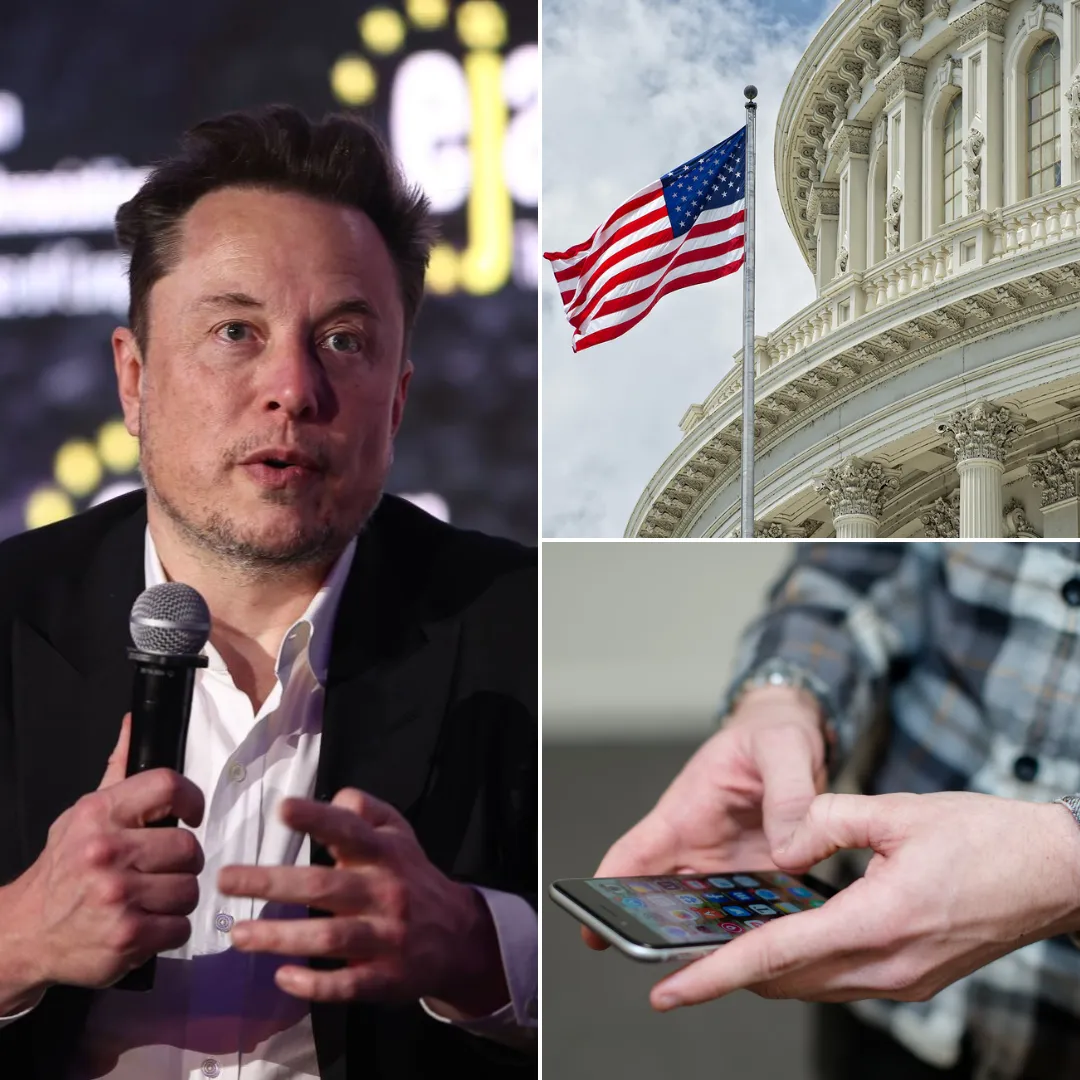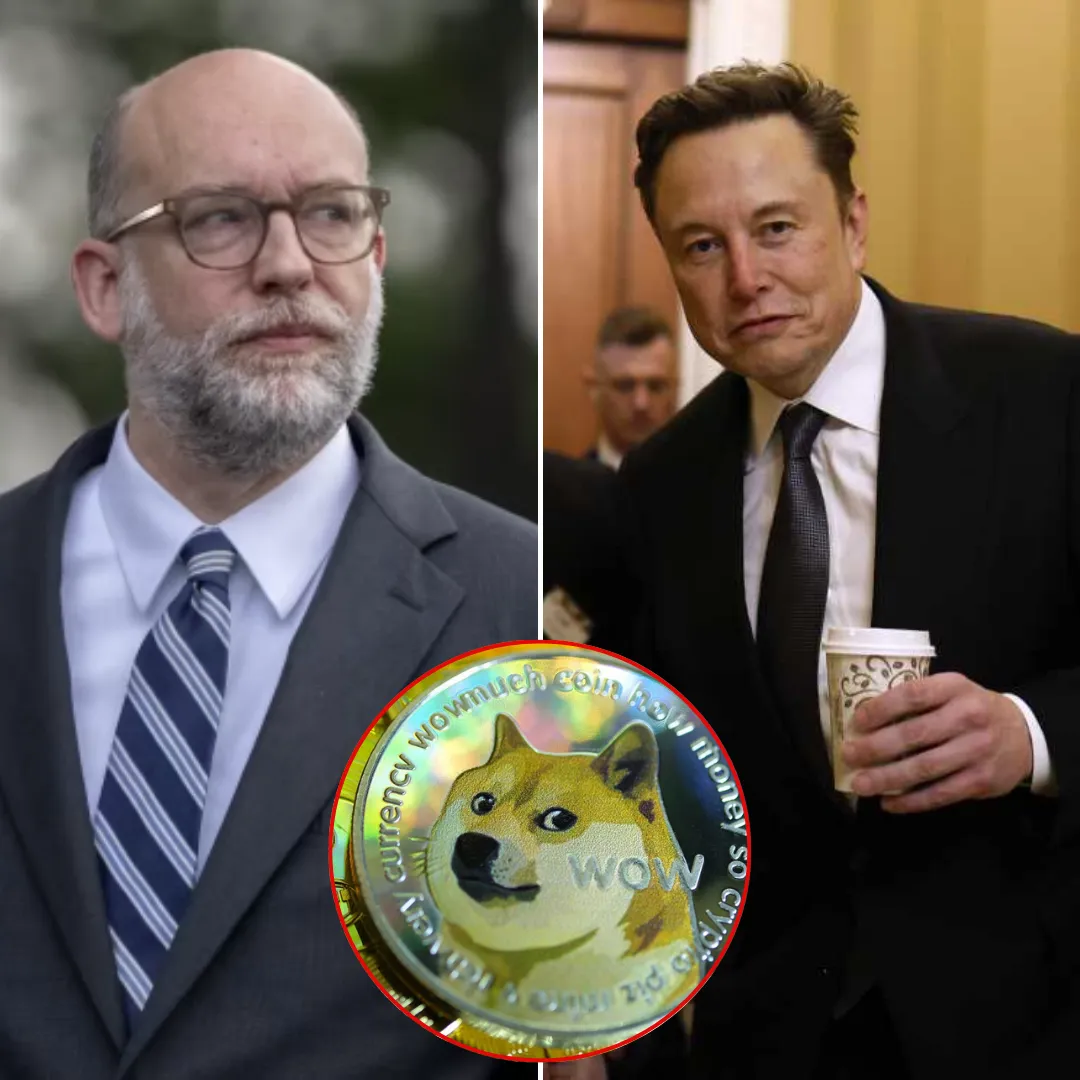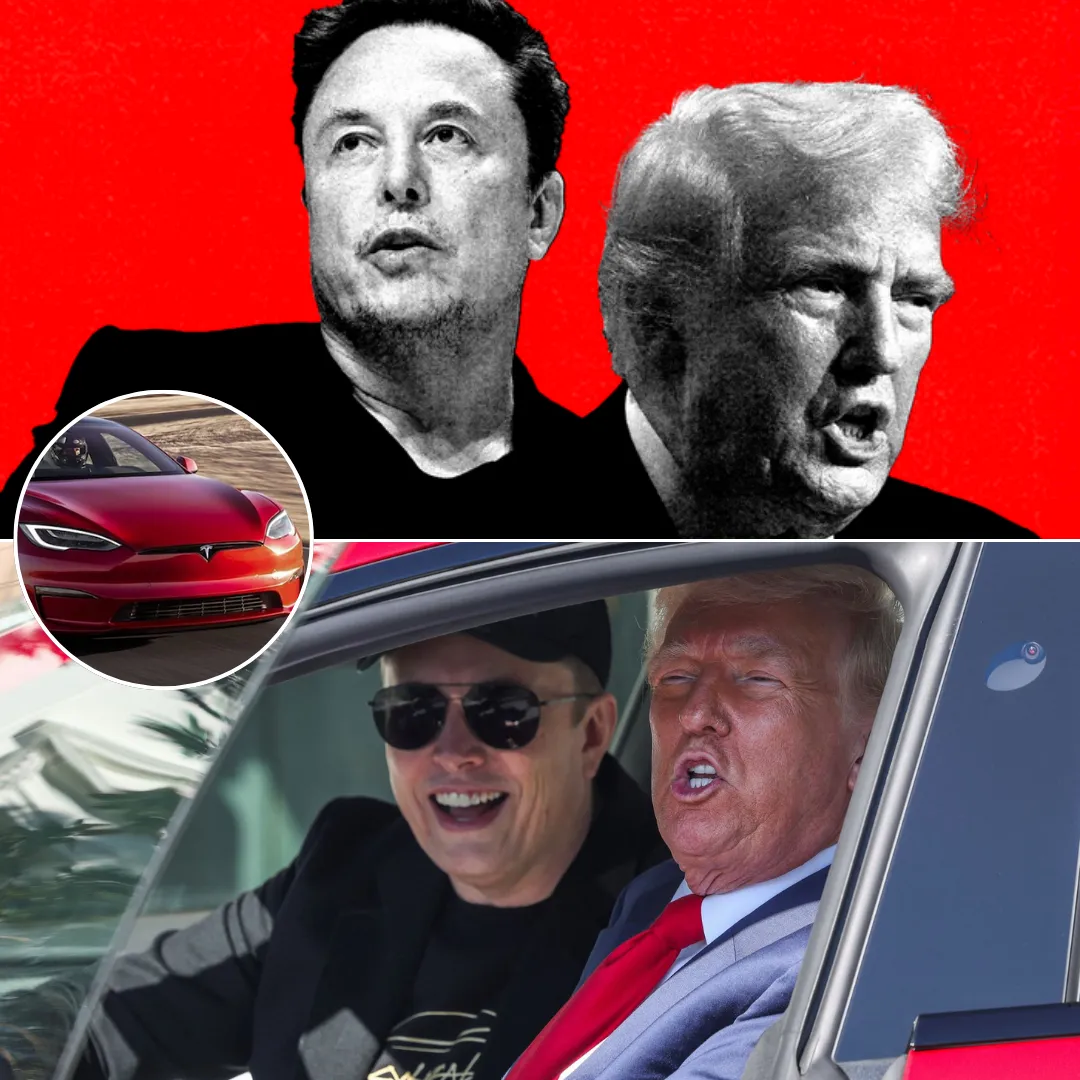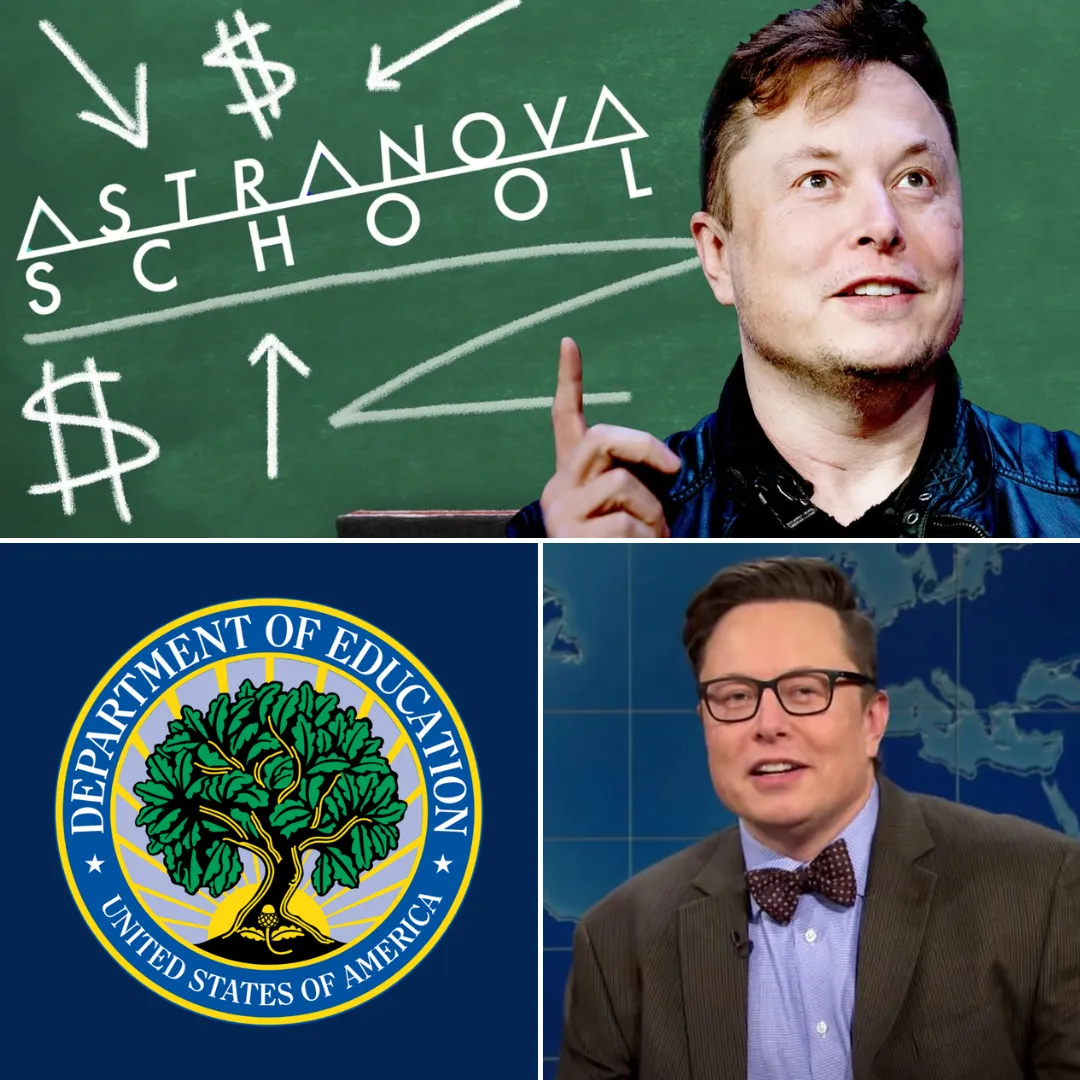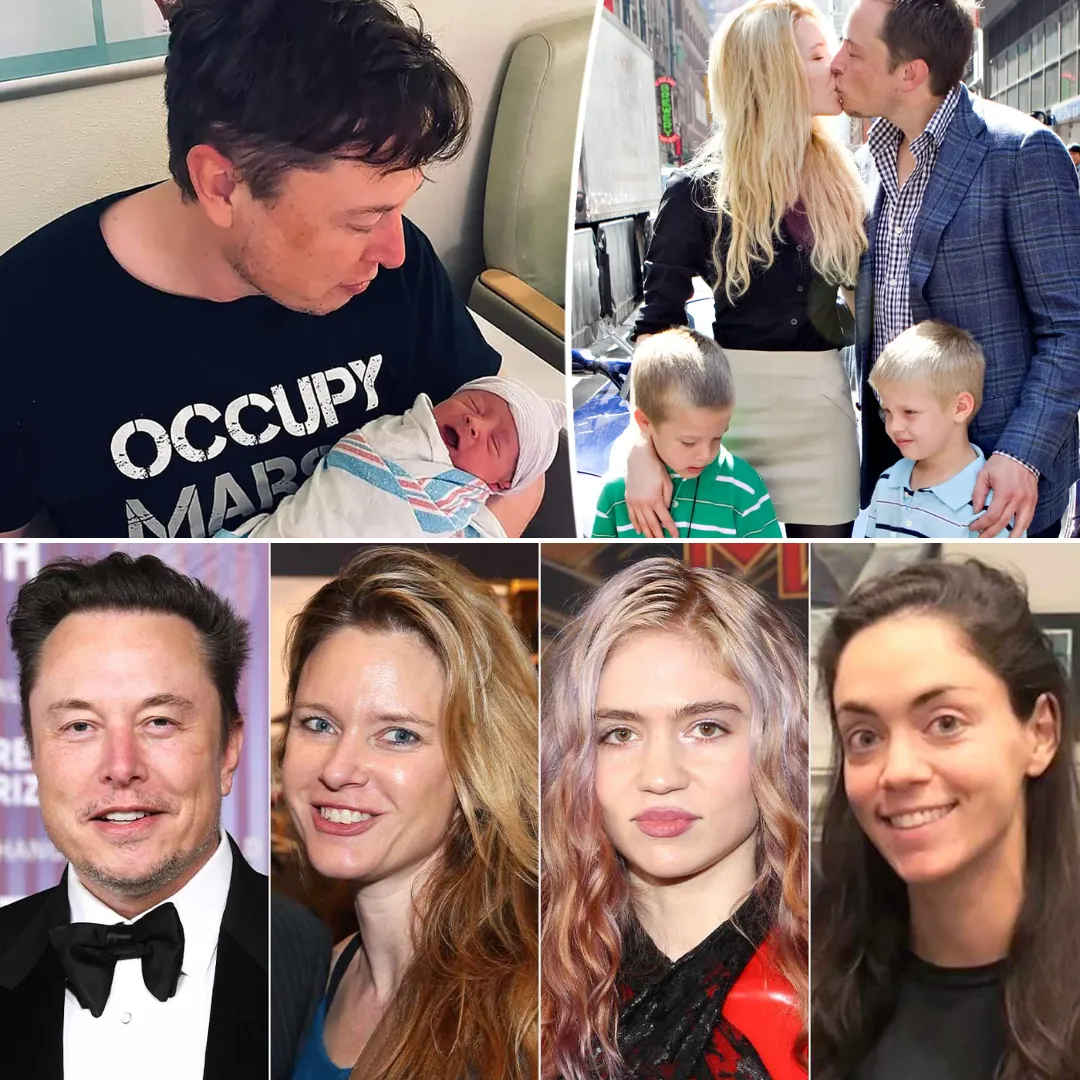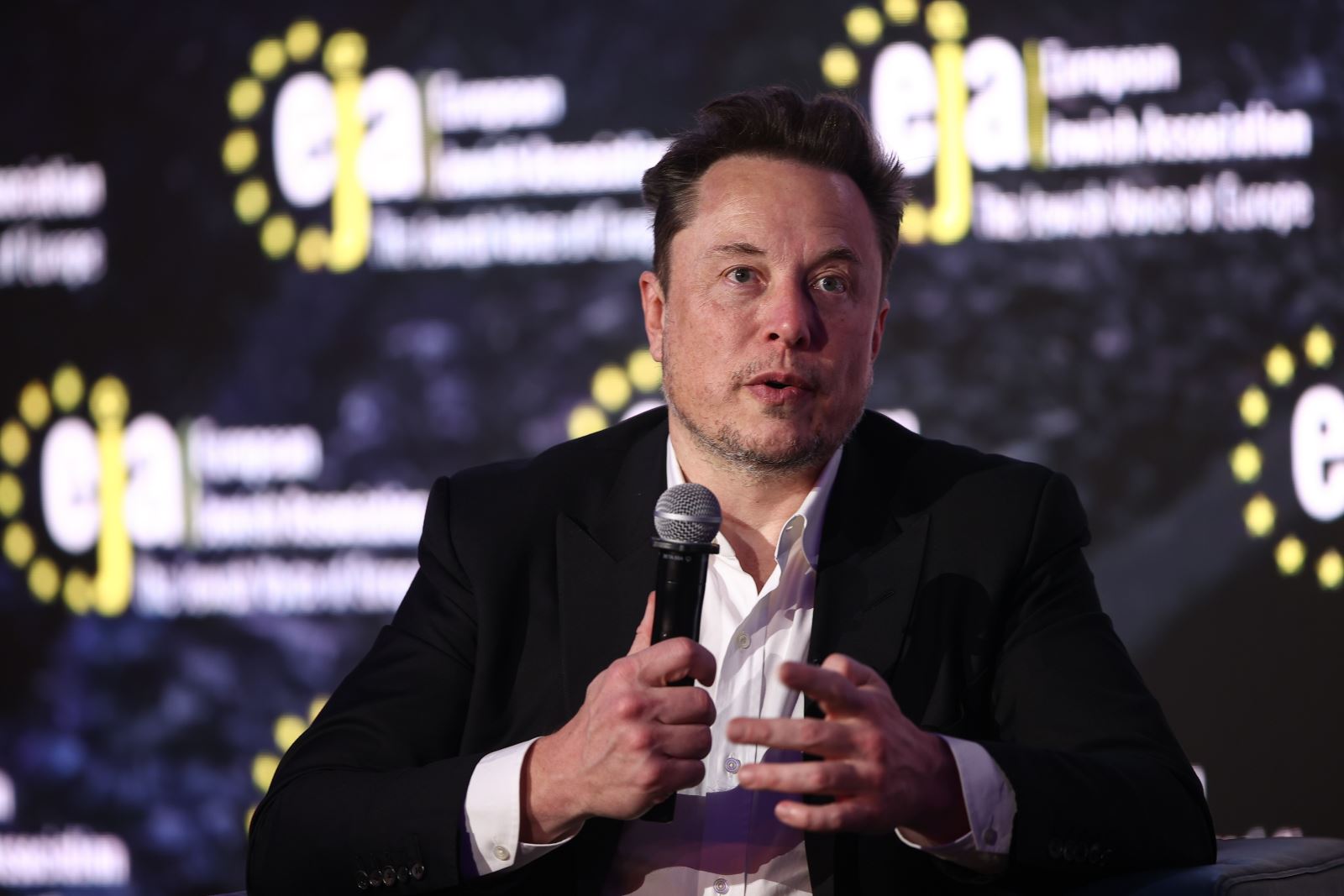
Elon Musk, the billionaire CEO of Tesla and founder of SpaceX, has recently amplified the efforts of the Department of Government Efficiency (DOGE) led by President Donald Trump’s administration.
The controversy centers around claims that the United States government is wasting approximately $100 million each year on unused or redundant phone lines. Musk’s remarks have reignited debates on government spending, particularly highlighting inefficiencies in public sector operations.
The issue came to light following an internal audit by DOGE, which revealed startling figures regarding the phone systems at the U.S. Office of Personnel Management (OPM). According to the audit, of the 1,048 phone lines operated by OPM, 198 were either non-functional or duplicates, representing nearly 19% of the total lines.
DOGE reported that eliminating these unnecessary lines would save an estimated $100,000 per year, and if this approach were applied to the entire federal government, the savings could amount to $100 million annually.

This revelation sparked further controversy when Musk, who played an integral role in launching DOGE's initiatives, reposted the update on X (formerly Twitter). Musk's tweet underscored the inefficiency of federal government operations, stating, “The government is wasting about $100 million per year on unused phone lines!”
His comment quickly gained traction, with many praising the government’s efforts to reduce waste, while others questioned the broader implications of such cuts and the feasibility of the estimates.
This move is part of a larger effort by DOGE to streamline government operations and reduce what they see as unnecessary spending. The initiative aims to identify inefficiencies across various federal agencies and eliminate redundant services. However, the latest report on the phone lines at OPM has raised concerns about the effectiveness of such cuts and the long-term consequences for government services.
Critics argue that the focus on small-scale savings, like the reduction of unused phone lines, overlooks the need for comprehensive reforms that address the broader structural inefficiencies within the U.S. government.
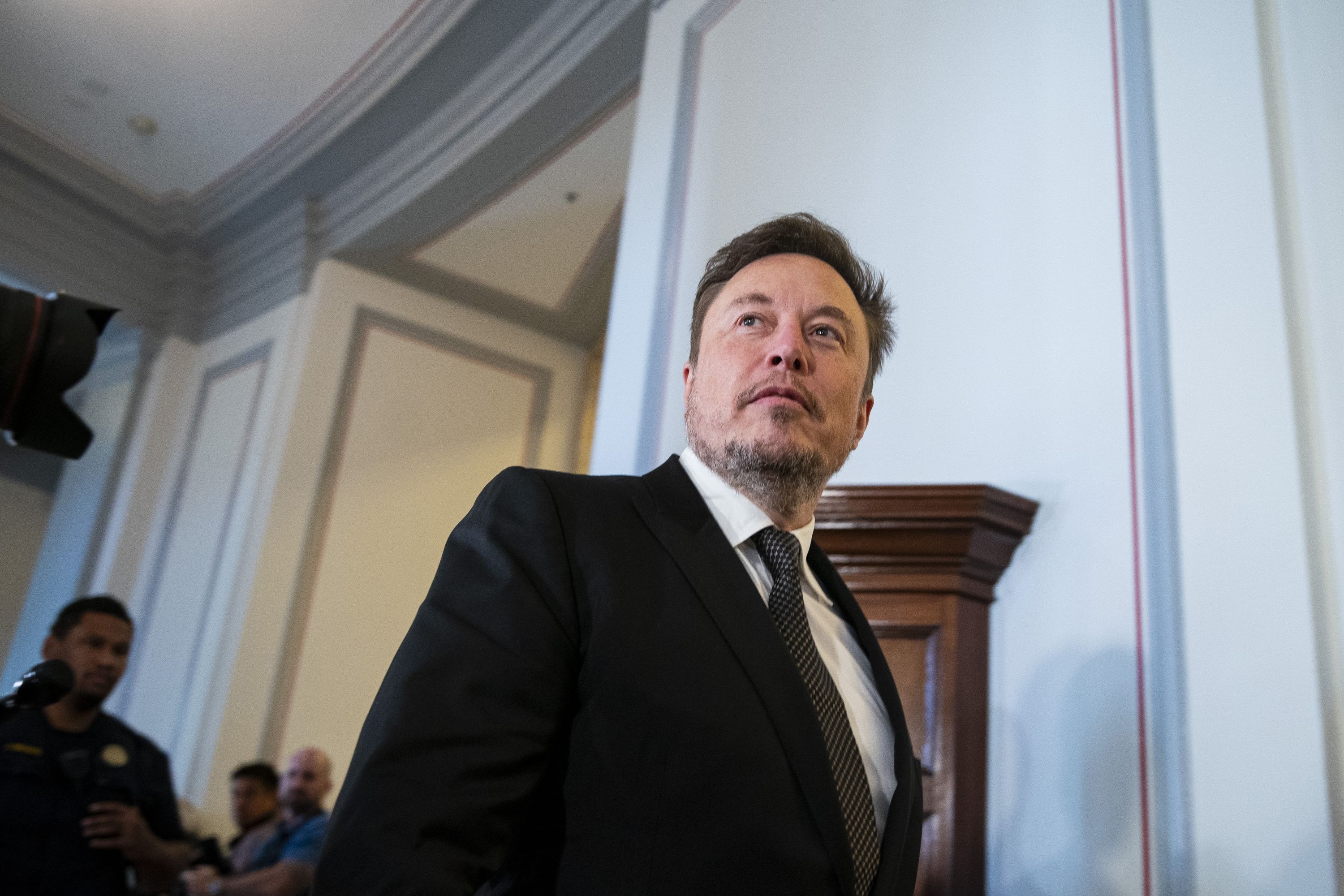
Musk’s involvement in these initiatives has garnered both praise and criticism. On one hand, his push for cost-cutting measures in government operations aligns with his reputation as an entrepreneur focused on efficiency and innovation. Musk’s leadership in the private sector, particularly with companies like Tesla, SpaceX, and Neuralink, has been characterized by a relentless drive to cut costs and improve operational efficiency.
However, his role in the public sector has been more contentious, with many questioning whether his business-focused approach is suitable for the complexities of government operations.
The $100 million figure cited by DOGE has garnered attention from both media outlets and the public, with many questioning how such a large amount could be wasted on something as seemingly trivial as unused phone lines.
While the savings of $100,000 per year from eliminating redundant phone lines may seem minor in the context of a multi-trillion-dollar federal budget, Musk’s claim of $100 million in potential savings across the entire government highlights the scale of inefficiency that exists in government spending.

This has led to calls for a deeper examination of how federal agencies operate and whether similar efficiencies can be found in other areas of government operations.
One of the key challenges facing Musk and the DOGE initiative is the size and complexity of the U.S. government. The federal bureaucracy is vast, with hundreds of agencies and thousands of employees, each with its own set of processes and systems.
While eliminating unnecessary phone lines is a straightforward task, addressing the deeper structural inefficiencies within the government will require more than just small-scale cuts. Some experts argue that focusing too heavily on minor savings could distract from the larger reforms needed to improve the efficiency and effectiveness of government services.
Musk has been vocal about his desire to reduce government waste and streamline public sector operations. His involvement in DOGE is part of a broader effort to bring the efficiency and cost-cutting measures he champions in the private sector to the public sector.
However, Musk’s critics argue that his approach may be too simplistic and could result in unintended consequences. For example, while eliminating redundant phone lines may save money, it could also create challenges for agencies that rely on those lines for communication or backup services.

Furthermore, critics question whether the savings from such cuts will truly be transformative in addressing the larger issues facing the U.S. government, such as rising healthcare costs, social security sustainability, and an aging infrastructure.
Despite these concerns, Musk’s involvement in DOGE has sparked a national conversation about the role of the private sector in reforming public services. Musk has positioned himself as a visionary entrepreneur who can bring the same level of innovation and efficiency to government operations that he has brought to Tesla and SpaceX.
His work with DOGE reflects his belief that the government can learn from the private sector and adopt the same mindset of cutting waste and improving efficiency. One of the most contentious aspects of Musk’s involvement in government reform is his political influence.
Musk’s close relationship with former President Donald Trump has raised questions about whether his involvement in DOGE is politically motivated. While Musk has claimed that he is focused on improving government operations rather than advancing a political agenda, his political ties have made some critics wary of his influence on policy decisions.

Musk’s political contributions, including his $300 million backing of Trump’s re-election campaign, have fueled suspicions that his work with DOGE may be driven more by political ideology than a genuine desire to improve government efficiency.
Furthermore, Musk’s outspoken views on various issues, including his support for deregulation and opposition to environmental regulations, have raised concerns about the broader impact of his initiatives on public policy.
Critics argue that Musk’s approach to government reform may prioritize cost-cutting over essential services, potentially harming vulnerable populations who rely on government programs.
For example, while Musk’s efforts to streamline government operations may lead to savings, they could also result in cuts to programs that provide critical services to low-income communities, the elderly, and individuals with disabilities.
Despite these concerns, Musk’s involvement in DOGE has garnered support from those who believe that his business acumen and experience in running successful companies can be leveraged to improve the efficiency of government operations.
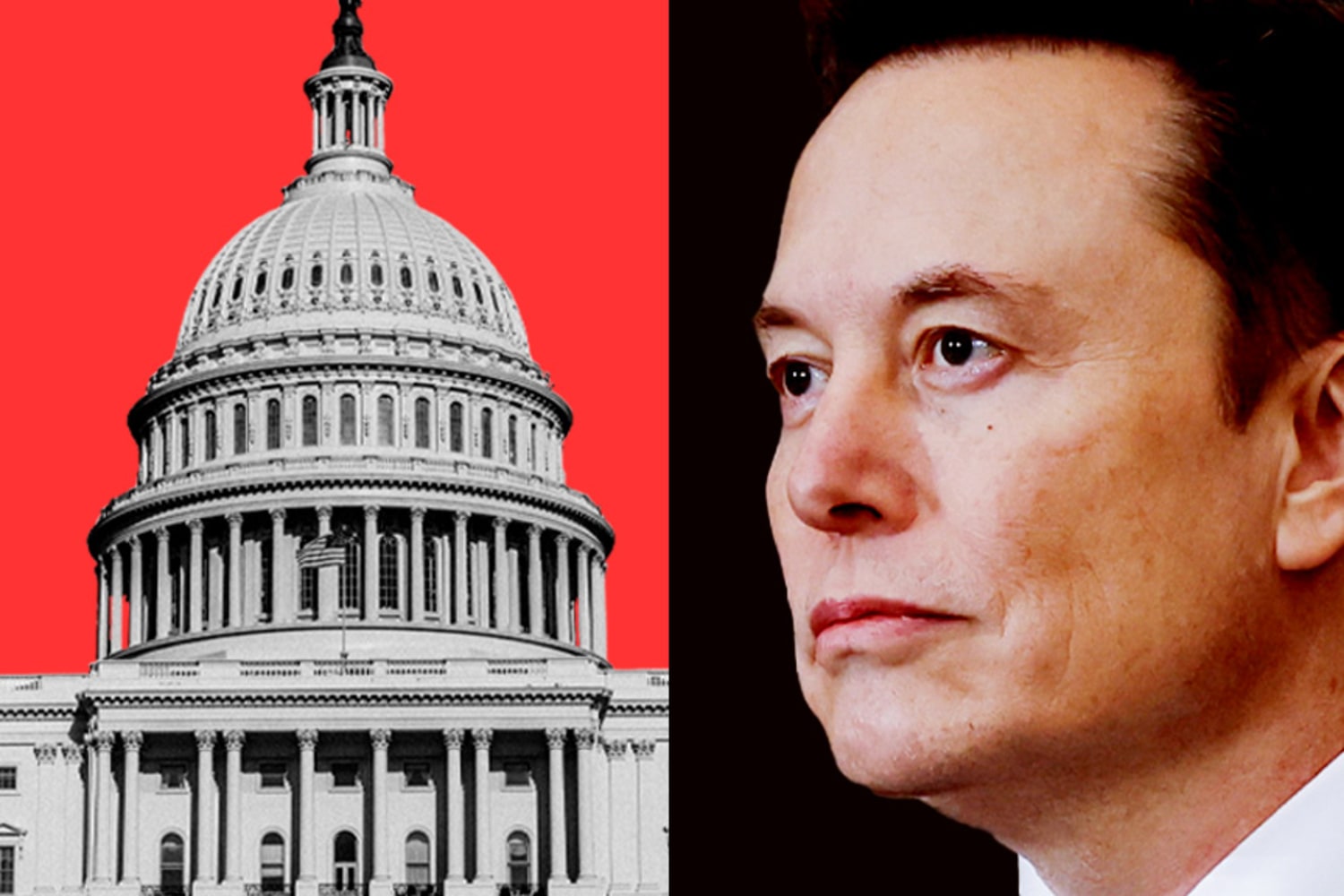
Musk’s supporters argue that his focus on cost-cutting and efficiency could help address the long-standing issues of wasteful spending and inefficiency that have plagued the U.S. government for decades. However, this approach is not without its risks, and the debate over the role of the private sector in public service reform is likely to continue as Musk’s initiatives unfold.
As the debate continues over Musk’s role in government reform, the question remains whether his vision for cost-cutting and efficiency will be successful in improving the functioning of the U.S. government.
While the savings from eliminating unused phone lines are a step in the right direction, it is clear that more comprehensive reforms will be needed to address the complex challenges facing the nation. Whether Musk’s approach to government efficiency will ultimately prove successful or lead to unintended consequences remains to be seen.
In conclusion, Elon Musk’s claim that the U.S. government is wasting $100 million annually on unused phone lines has sparked a national conversation about government efficiency and the role of the private sector in reforming public services. While Musk’s efforts to streamline government operations have been lauded by some, they have also raised concerns about the potential consequences of such cuts.

As Musk continues to push for government reform through his work with DOGE, the debate over his approach is likely to intensify, with critics questioning whether his focus on efficiency is too narrow and whether it will lead to the improvements that the U.S. government so desperately needs.
